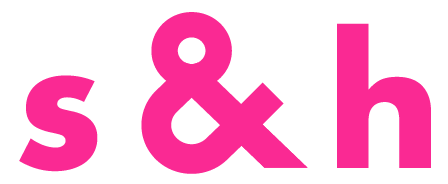All Work And No Play
Pokémon Go, in case you’ve been hiding under a rock, has been a phenomenon. On Android, it has more users than Twitter, and more downloads than Tinder. People are proclaiming it as a tech-drug that has helped cure their depression by getting them outside to “catch ’em all” and even socialize with strangers.
For years, the buzzword was “gamification.” If people gamified tasks, according to the theory, they would reach goals that otherwise might have felt like work. People have been encouraged to gamify everything: to-do lists, fitness routines, the development of new skills, and even tasks with no immediate tangible benefits, like checking in on Foursquare.
Hey, but really, thanks for the badge and the title of Mayor.
We may like games, but perhaps what Pokémon Go and other examples of Kidult behavior tell us is that we’re really hungry for is play: the objectless, free-form space of exploration and fun. In gamification, we’re still disciplined by the ideology and ethos of work, with deliverables, benefits and end results. But play is the opposite of work. It may have side benefits, but that’s not why we do it.
As children’s toys continue to teach them how to grow as people (how to code, to empathize, to see the world expansively), adults’ consumer goods are incorporating Kidult play, free from motivating end results. From beauty products that incorporate jelly textures, scents from childhood, and glittery glamour; emojis that have grown adults texting cartoon images of poop to one another; to a game that says, essentially, “Go outside and play,” the message seems to be, all work and no play makes Jack a dull boy. So, play already.


